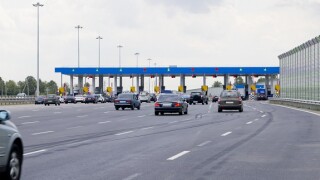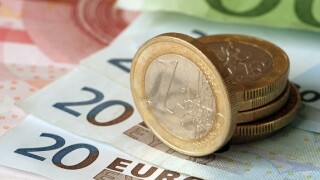Deutsche Bank
-
Global financial institutions will focus more on their home markets amid a sharp fall in funding requirements this year, leaving sterling credit investors yearning for more supply from overseas FIG issuers.
-
A pair of triple-A rated European agencies sold their first Swiss franc bonds for several years this week, responding to reverse enquiry for long dated, high rated paper.
-
Ørsted, the Danish power company, pushed into the green hybrid sterling market on Wednesday, with the largely UK-based sterling buyer base proving to be just as keen on the debt as their euro counterparts.
-
India Toll Roads sold its first dollar bond on Tuesday, becoming just the latest issuer from the country amid an expected surge of supply this year.
-
Banks that mostly missed out on last year's trading and origination windfall would find it difficult to make up for lost time by leaning into investment banking; that ship has probably already sailed.
-
Ørsted, the Danish power company, has mandated for its first green hybrid capital issue in sterling, as subordinated green, social and sustainability debt is tipped to continue finding chunky demand from investors this year.
-
Market participants expect banks will return with a flurry of senior transactions after results this week, as rising yields help to lift primary demand.
-
-
Banco Comercial Portugues made a rare foray into the senior market on Friday, enticing investors with a bit of extra yield on its speculative grade transaction.
-
Three eurozone sovereigns all extended their euro curves with huge order books for syndicated transactions this week in a sign of rampant investor appetite for long-dated debt.
-
Deutsche Bank was able to present a successful year for its investment bank when it announced fourth quarter and full year results on Thursday, coming 18 months after the restructuring of the business. The question now is whether it will be able to hold onto its increased profitability when times are less lucrative for investment banks.










